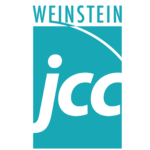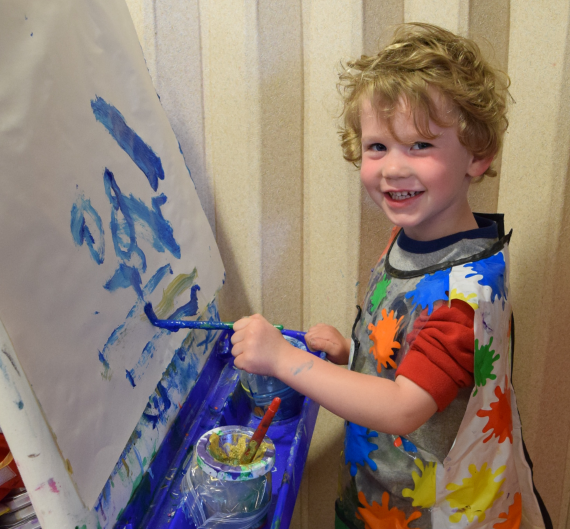
- 5403 Monument Avenue, Richmond, VA 23226
- (804) 285-6500
Hours of Operation
Monday 5AM-10PM
Tuesday 5AM-10PM
Wednesday 5AM-10PM
Thursday 5AM-10PM
Friday 5AM-6PM
Saturday 7AM-6PM
Sunday 7AM-6PM
Pool opens 30 minutes after facility opening and closes 30 minutes prior to facility closing.
Sign Up For Our Newsletter!
Sign Up For Text Alerts!
Receive alerts for weather-related closings, delays affecting our building, or sudden changes at the JCC.

